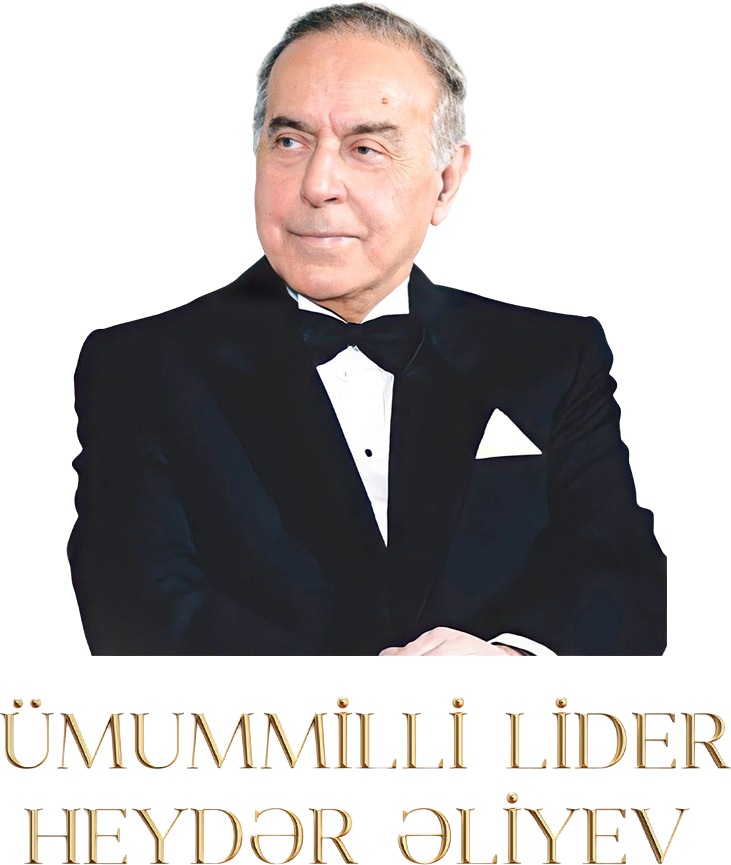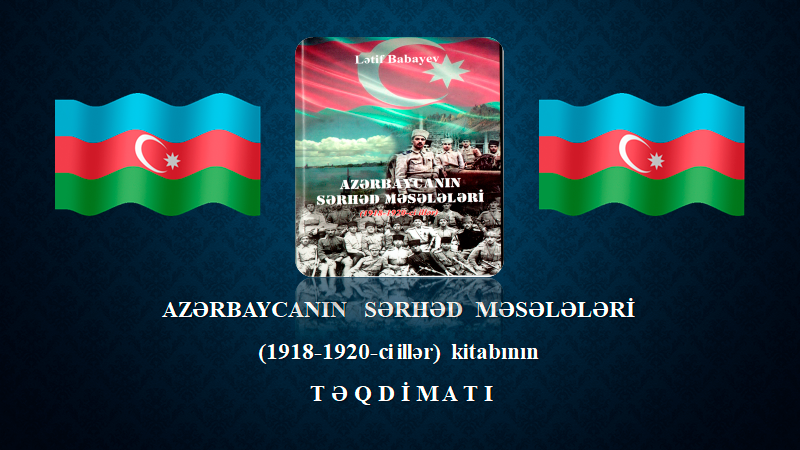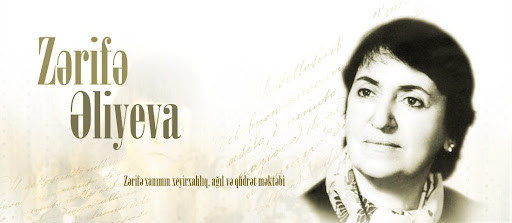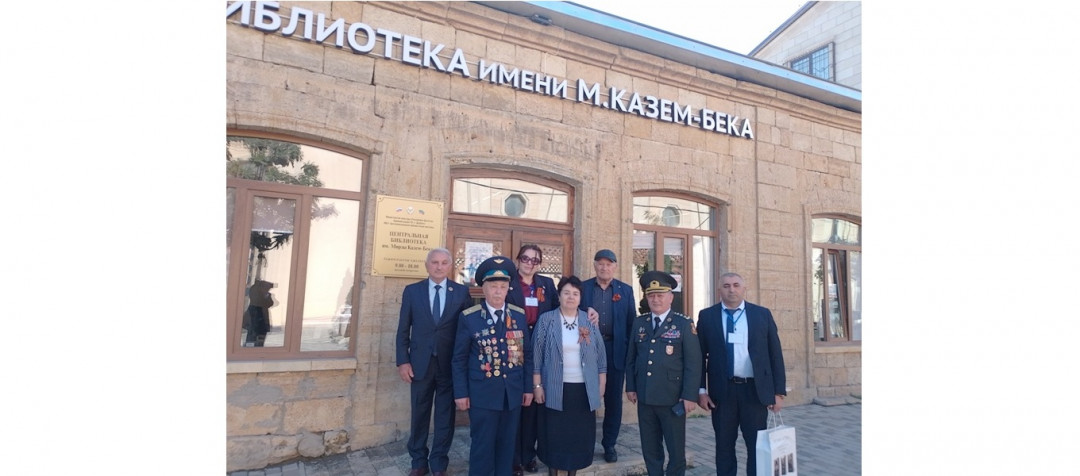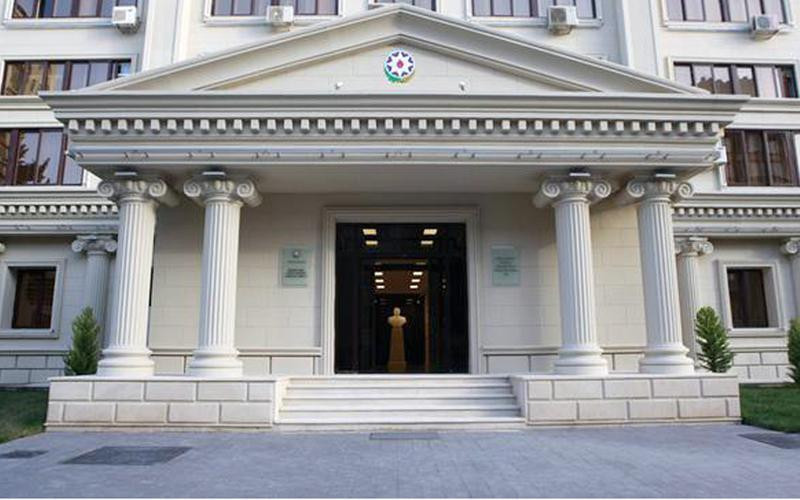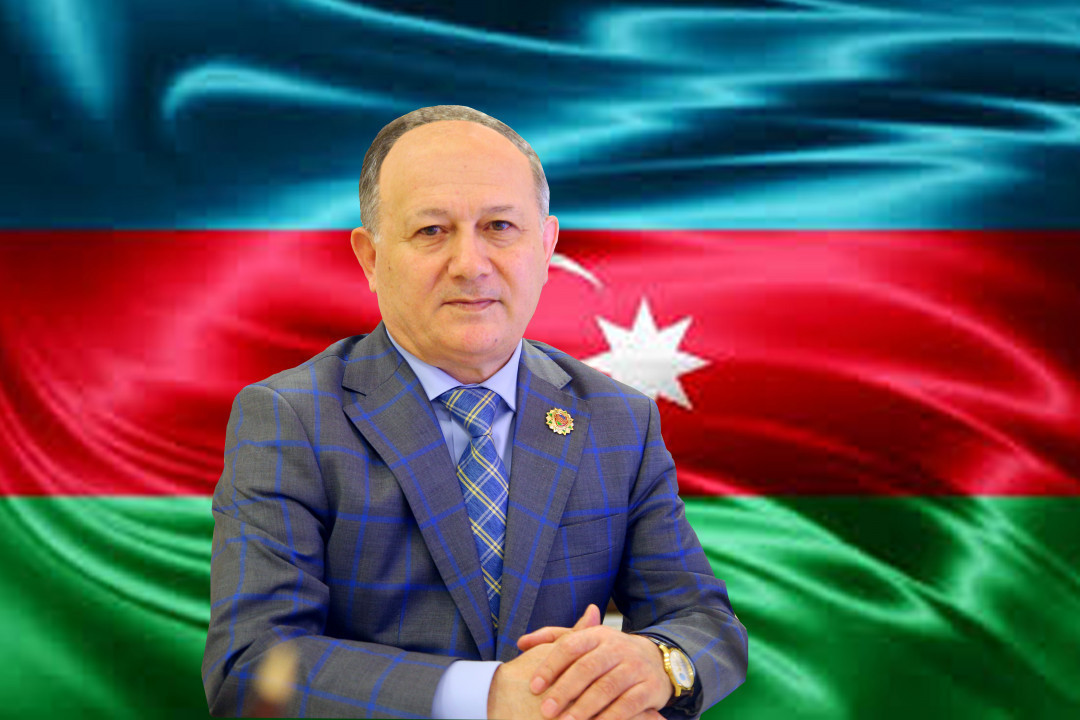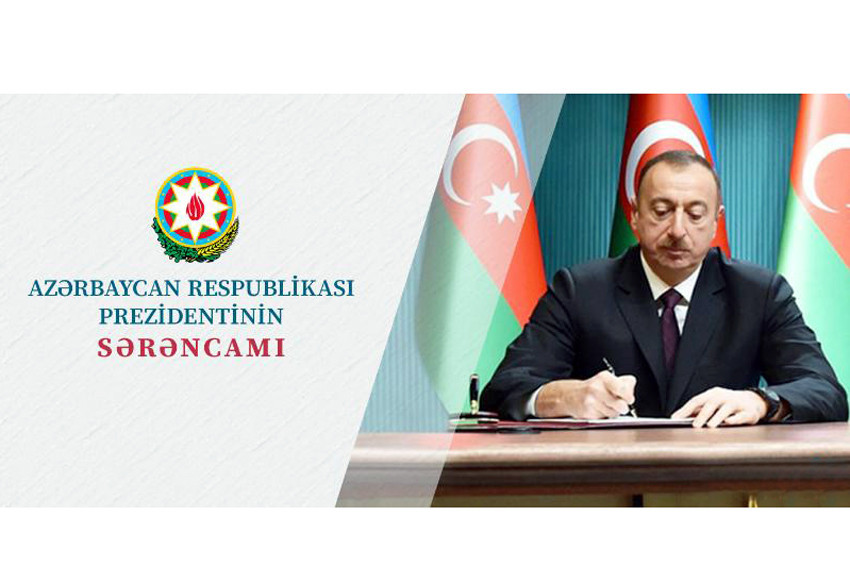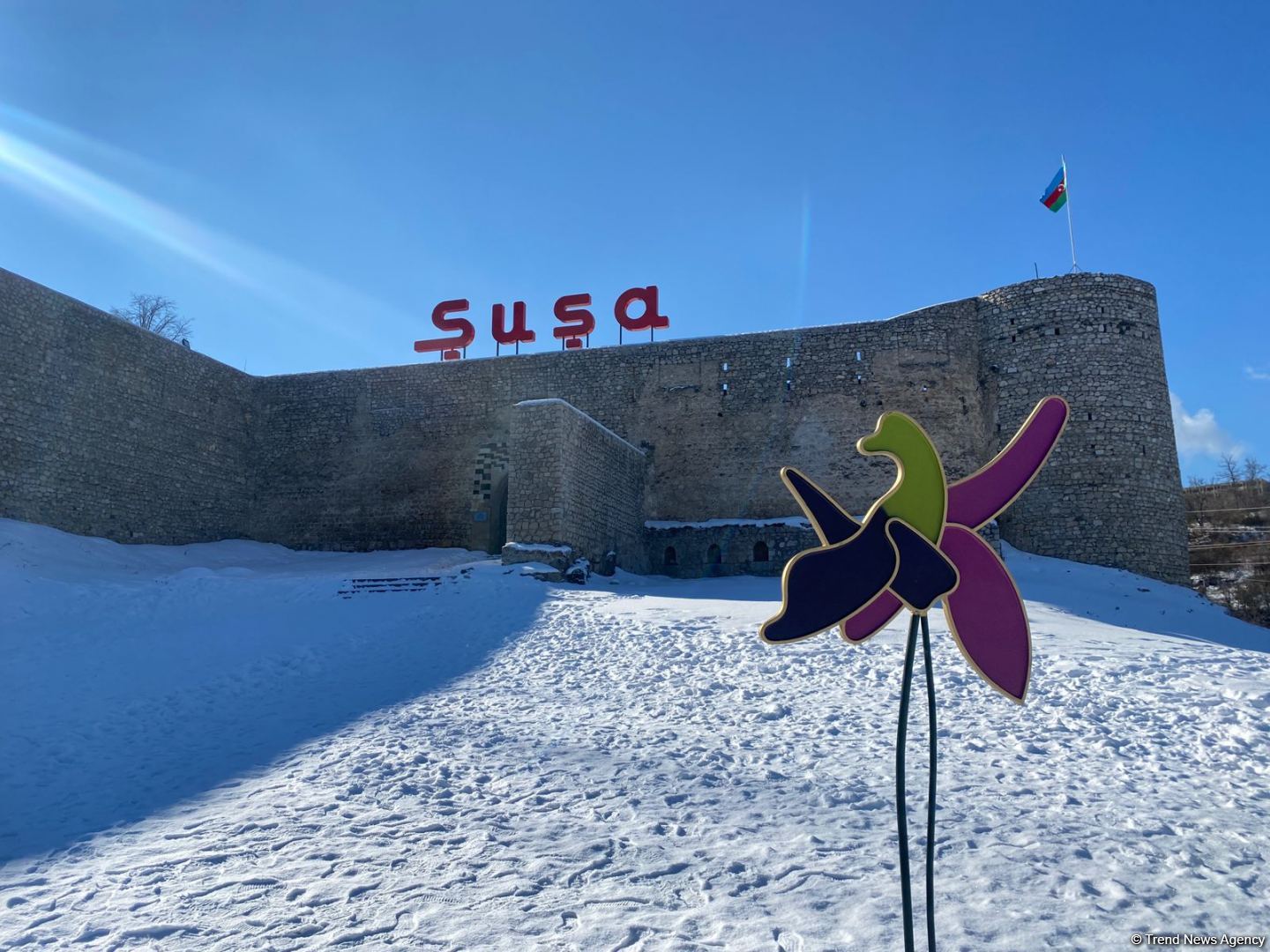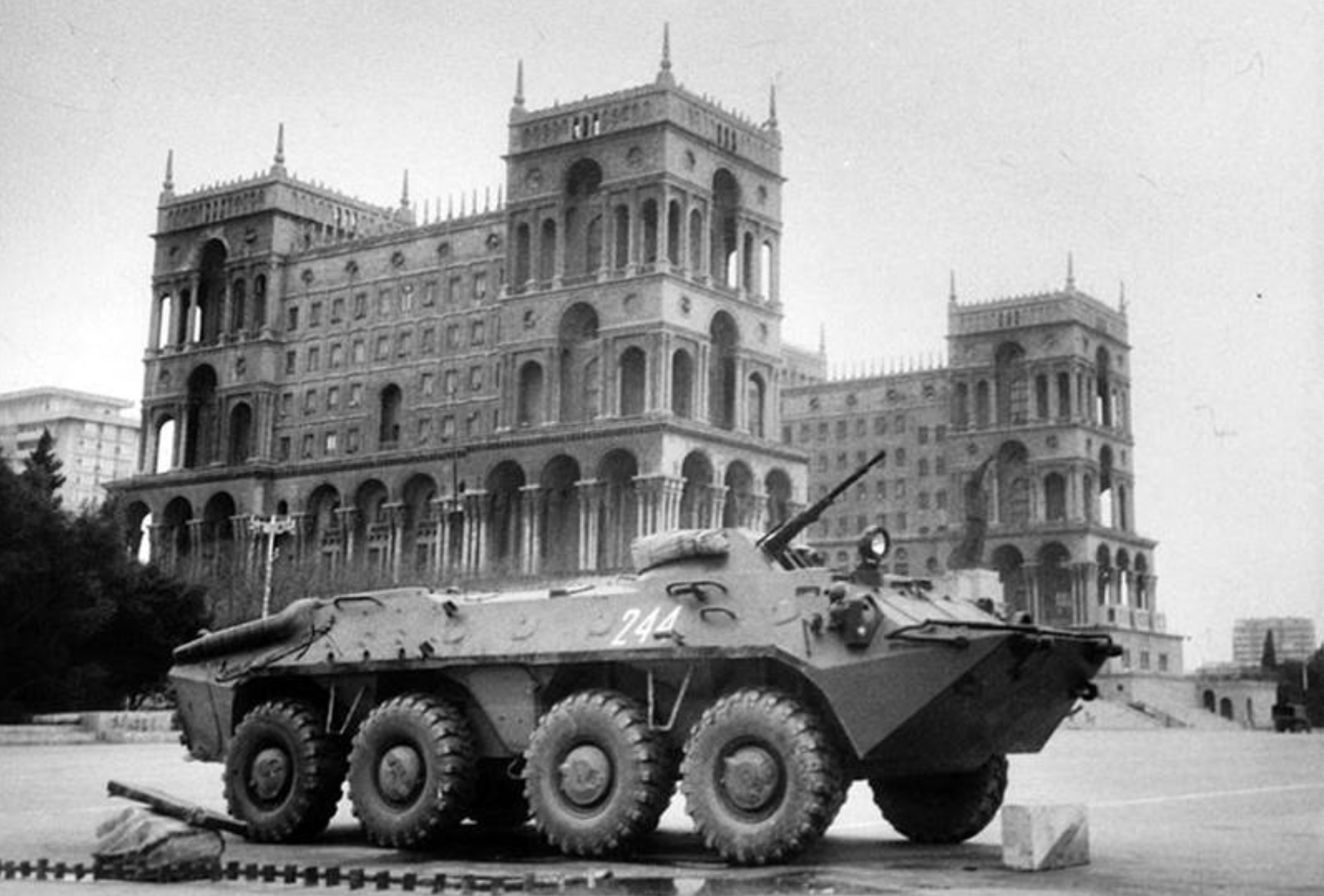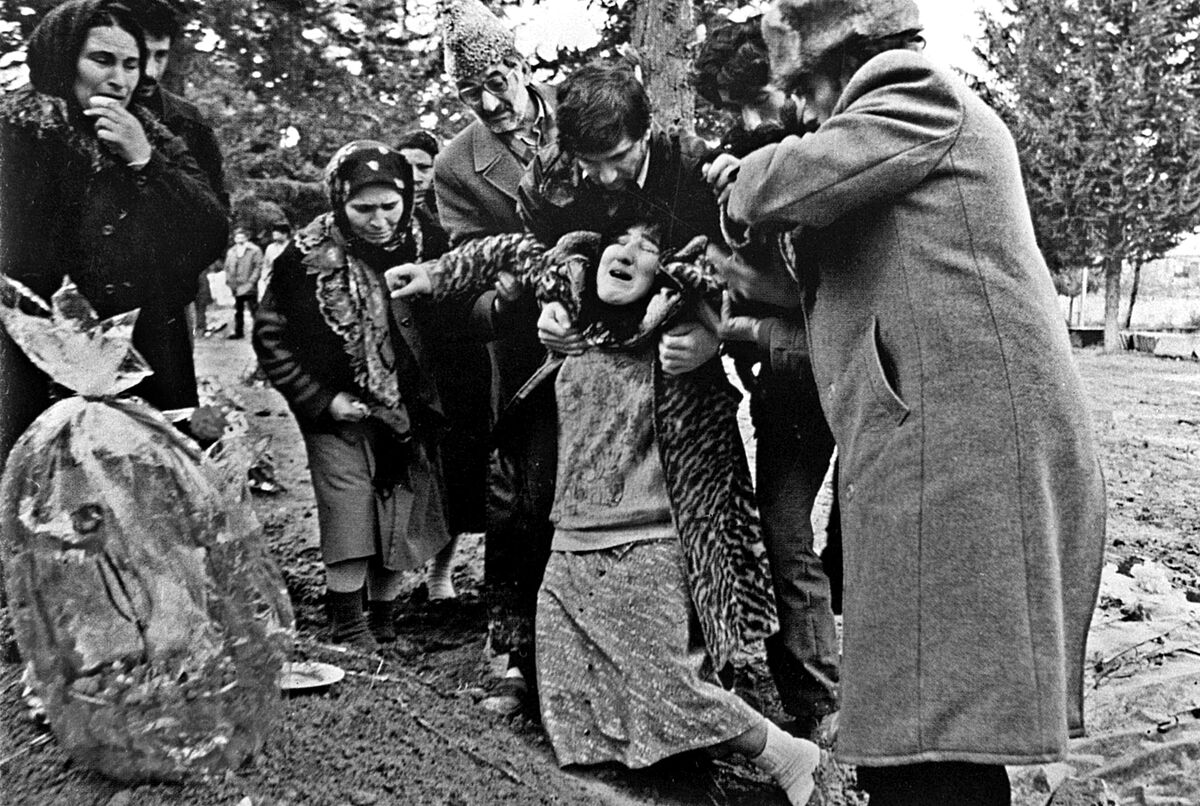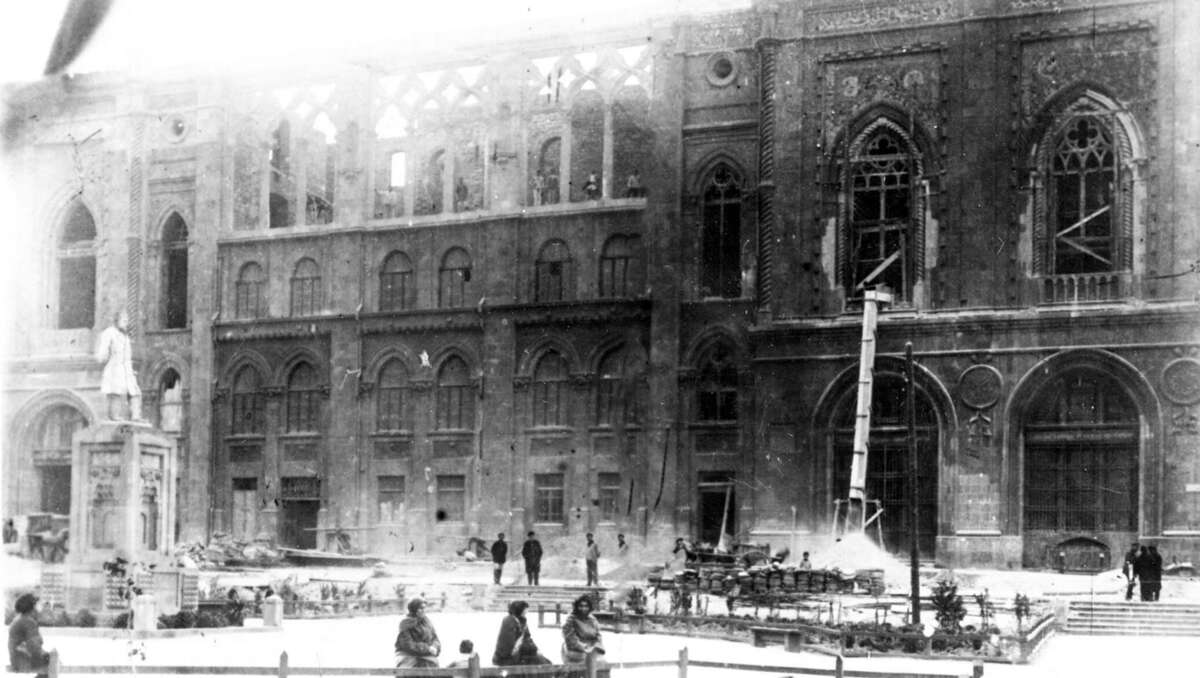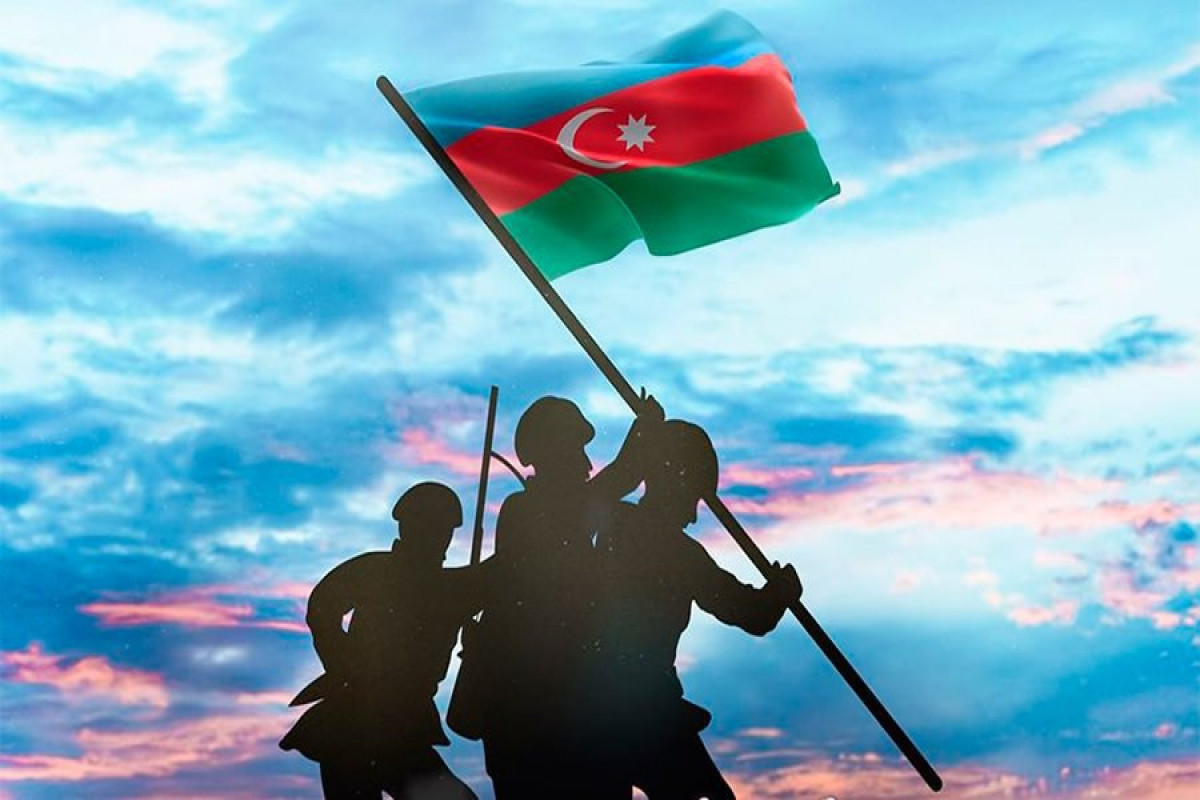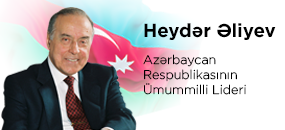About us
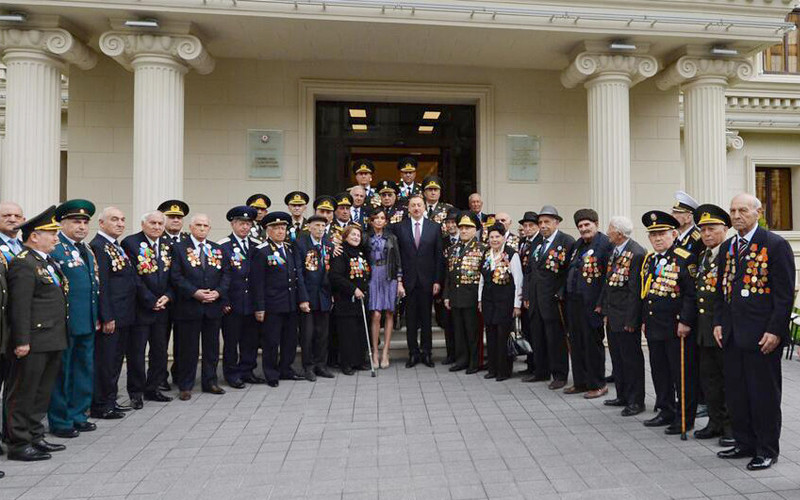
İkinci Dünya Müharibəsinin faşizm üzərində Qələbə ilə başa çatmasından sonra keçmiş SSRİ-nin bütün respublikalarında olduğu kimi Azərbaycan Respublikasında da veteran hərəkatı başlanmışdır. Bu hərəkatın ilk nəticəsi kimi 1960-cı il iyun ayının 10-da Bakı Veteran Komitəsi yaradılmışdır. Ancaq Azərbaycanın ilk veteran təşkilatının fəaliyyəti yalnız Bakı şəhəri ilə məhdudlaşmış və bu vəziyyət 1970-ci illərin əvvəllərinədək davam etmişdir.
Learn moreOur mission
Appreciating Our Heroes
Our mission is to appreciate and celebrate the sacrifice and service of our veterans. We strive to provide a platform for veterans to share their stories, connect with their communities, and receive the recognition they deserve. Our goal is to promote the well-being of veterans and ensure that their contributions to our nation are never forgotten.
Empowering Veterans to Lead
Our mission is to empower military veterans to lead in their communities, workplaces and beyond. We believe that the skills and experience gained during military service uniquely equip veterans to be leaders in all areas of society. We are committed to promoting the positive impact veterans can have in their communities as leaders and change-makers.
Appreciating Our Heroes
Our mission is to appreciate and celebrate the sacrifice and service of our veterans. We strive to provide a platform for veterans to share their stories, connect with their communities, and receive the recognition they deserve. Our goal is to promote the well-being of veterans and ensure that their contributions to our nation are never forgotten.
Memory
Visit our blog to read the pages of our history, both written in blood and triumphant, and at the same time get acquainted with the heroic stories of the brave men who died in the Karabakh war
Learn moreEvents
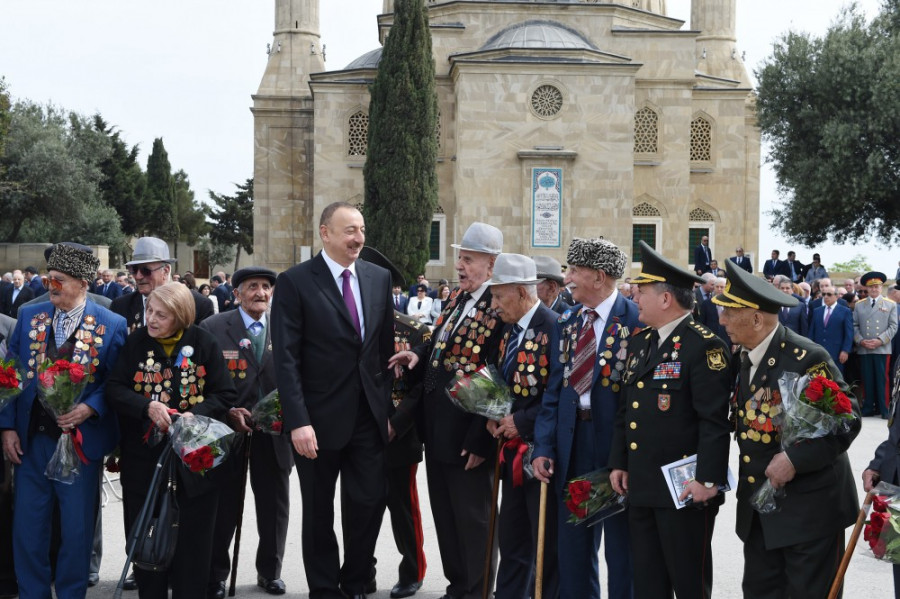
Frequently asked questions
How is the status of a martyr and a martyr's family granted?
According to paragraph 4.1 of the rules, the issue of granting the status of a martyr and martyr's family is considered by an interested person's application and petition of the state authorities or the relevant military unit. The recognition of a person as a martyr is confirmed on the basis of a death certificate, a court decision, and a reference from a military unit. The reference of the military unit reflects the information specified in Article 1.4.2 of Appendix No. 16 of the “Regulation of Garrison and Guard Services of the Armed Forces of the Republic of Azerbaijan” approved by Law No. 886 of the Republic of Azerbaijan dated September 23, 1994. Martyr's family status for the ensign and officer staff of the personnel department of the Ministry of Defense, Ministry of Internal Affairs, State Security Service, Foreign Intelligence Service, State Border Service, Special State Guard Service, and the State Service for Mobilization and Conscription for other military personnel, where they are registered for military service. local administrations, departments and units, respectively, and to civilians, it is confirmed by certificates issued by regional (city) executive authorities. The Ministry of Defense, the Ministry of Internal Affairs, the State Security Service, the Foreign Intelligence Service, the State Border Service, the Special State Security Service, and the regional (city) executive authorities immediately accept applications and petitions for the recognition of martyrs and martyr families, no later than one month later. regardless, it should refer to the Law of the Republic of Azerbaijan “On Perpetuation of Martyr's Name and Benefits to Martyr's Families” and these Rules. According to paragraph 4.2 of the Rules, the card for the families of martyrs is 4.1 of these Rules. based on the references specified in paragraph 1, they are issued by the local institutions of the Social Services Agency under the Ministry for the area where they live. Excerpted from State Care of Veterans: A Legal Guide.
Who are considered family members of martyrs?
According to paragraph 2 of the rules, the wife (husband) of the martyr; parents; Children under the age of 18, children with disabilities over the age of 18 who have limited health opportunities until they reach the age of 18; brothers and sisters-those brought up in orphanages; grandparents are considered family members of martyrs if there is no legal guardian for them. The children, brothers and sisters of the martyr are considered family members until they reach the age of 23 when they study in formal educational institutions, as well as at the Azerbaijan National Academy of Sciences. Excerpted from State Care of Veterans: A Legal Guide.
What persons are considered martyrs?
According to the Law No. 697 of the Republic of Azerbaijan dated September 3, 1993 “On the Perpetuation of the Martyr's Name and Benefits to Martyr's Families”, a person who died for the sake of the freedom, sovereignty and territorial integrity of the Republic of Azerbaijan, who went missing in connection with a military operation and is considered dead in the manner determined by legislation is a martyr. is considered The legal grounds for declaring a person missing and dead are specified in Articles 40 and 41 of the Civil Code of the Republic of Azerbaijan. According to Article 40 of that Code, if the location of a natural person is unknown and he has not been seen at his place of residence within 2 years, the court may consider the natural person missing based on the application of interested parties. If it is not possible to determine the day when the last information about the disappearance was received, the calculation of the period for being considered missing without notice starts from the first day of the month following the month when the last information about the disappearance was received, and if it is not possible to determine that month, from January 1 of the following year. When the missing person arrives or his whereabouts are discovered, the court cancels the decision on his missing person. According to Article 41 of the Civil Code of the Republic of Azerbaijan, if there is no information about the whereabouts of a person at his place of residence for 5 years, as well as if he goes missing without notice in circumstances that pose a threat of death or gives reason to assume that he died due to some unfortunate event, and if there is no news about him for 6 months , he can be declared legally dead. A military serviceman or other person who went missing due to military operations may be declared dead after at least 2 years have passed since the end of military operations. The day on which the court decision to declare a person dead becomes legally effective is considered the day of his death. The court may consider the day when the death of a person is presumed to be the day of his death. We would like to point out that the Cabinet of Ministers of the Republic of Azerbaijan approved the “Rules for the perpetuation of the martyr's name and the application of concessions to the martyr's families” by its decision No. 10 dated January 15, 1994 in connection with the implementation of the law. With its decision dated December 30, 2008, the Plenum of the Constitutional Court of the Republic of Azerbaijan on Article 1 of the Law of the Republic of Azerbaijan “On the Perpetuation of the Martyr's Name and Benefits to Martyr's Families” recommended the revision of those rules in accordance with the provisions of the said law, in this regard, the Republic of Azerbaijan Clause 1.2.6 of the Rules was revised by the Cabinet of Ministers. During the Second Karabakh war, as a result of rocket attacks by Armenian aggressors, in the city of Ganja, Barda district, etc., which are far from the border regions with Armenia, Karabakh, etc. many people died. In order for those persons to have the status of martyrs, according to the decision of the Cabinet of Ministers of the Republic of Azerbaijan No. 453 dated November 20, 2020, paragraph 1.2.4 of the Regulations was amended accordingly. Thus, according to paragraph 1.2 of the Rules, the following are considered martyrs: • Those who died as a result of tragic events in Baku city, Lankaran and Neftchala regions in January 1990; • Persons killed in the plane crash in Leninakan on December 11, 1988; • Citizens who died as a result of illegal actions or maneuvers of the Soviet Army in the period from 1988 to January 1990 in the Republic of Azerbaijan; • Civilians killed and missing as a result of Armenian aggression in the border regions with Armenia and Karabakh, as well as Armenian military provocation (attack, strike) in other areas of the country; • Military personnel killed and missing during military operations for the territorial integrity of the Republic of Azerbaijan; • In other events determined by the legislation of the Republic of Azerbaijan in connection with the freedom, sovereignty and territorial integrity of the Republic of Azerbaijan, including military units in combat conditions during the ceasefire period, or combat mission or combat support in internal affairs, special state protection, state security and foreign intelligence agencies. persons who died during the performance of their official duties, went missing and were considered dead according to the court's decision; • Military servicemen who died or went missing during the performance of their duties for the protection of the state border of the Republic of Azerbaijan. Excerpted from State Care of Veterans: A Legal Guide.
Which authority issues the title and license of a labor veteran?
A person who wants to receive the title “Labor veteran” applies to his workplace with an application and supporting documents to receive this title. The application and other necessary documents are submitted to the commissions established in the relevant executive bodies for consideration, and a corresponding decision is made based on the opinion of the commission. When the enterprise is liquidated, when the workplace is a non-state enterprise, etc. The title and card of “labor veteran” is issued by the Social Services Agency under the Ministry of Labor and Social Protection of the Population of the Republic of Azerbaijan (hereinafter - the Ministry). Excerpted from State Care of Veterans: A Legal Guide.

 Heydar Aliyev
Heydar Aliyev